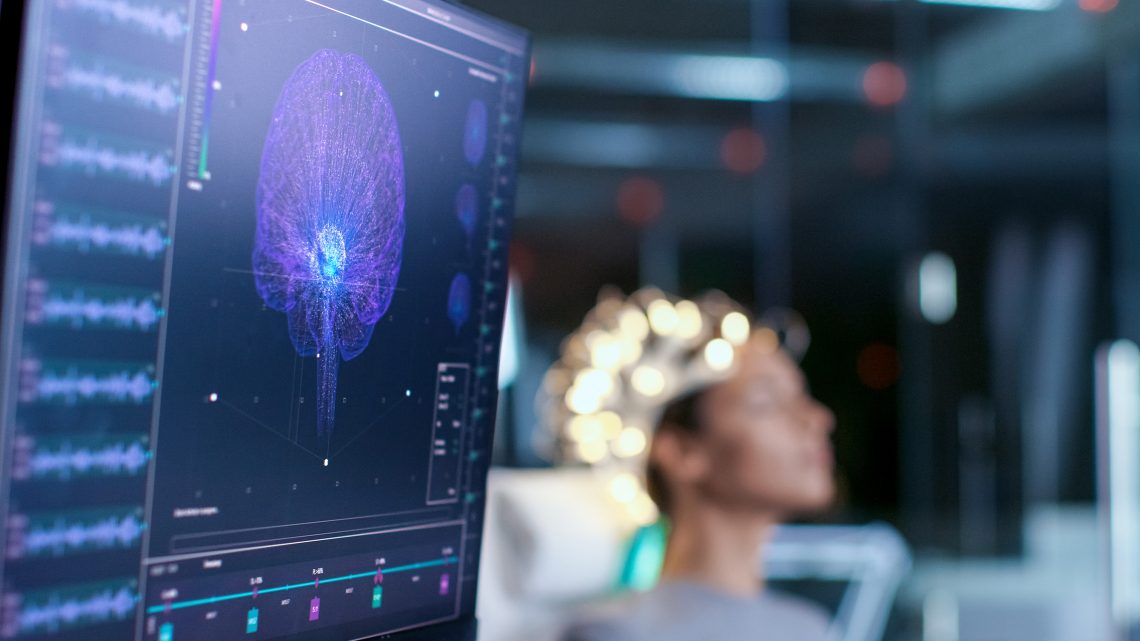

Neuroscience has held a significant role in shaping the history of Artificial Intelligence and Machine Learning. Artificial neural networks, inspired by neuronal physiology, now form the foundation of Deep Learning. This shared history persists, with machine learning methods evolving into powerful tools for data processing in the realms of brain activity research. Moreover, Machine Learning serves as a powerful approach to model the brain, given its ability to tackle analogous problems and its potential for comparable units of processing. This seminar offers an overview of recent applications in neuroscience, exploring machine learning and deep learning techniques, commonly used datasets and key works in the field.
Date: Fridays (10:00-11:00)
Location: Virtual event. Zoom link and password will be shared via email.
Lecturers: Prof. Dr. Laura Leal-Taixé and Franziska Gerken.
ECTS: 5
SWS: 2
Students are supposed to both
After the final matching is announced, we will contact the participants with further information before the start of the seminar.
We will propose a list of important papers relevant for the seminar. In addition, students are encourage to propose papers in this domain that that they are interested in and we will match those early in the winter semester.
Relevant papers for the seminar
Using goal-driven deep learning models to understand sensory cortex (Nature Neuroscience, 2016)
DeepLabCut: markerless pose estimation of user-defined body parts with deep learning (Nature Neuroscience, 2018)
End-to-End Deep Image Reconstruction From Human Brain Activity (Frontiers in Computational Neuroscience, 2019)
Brain2Pix: Fully convolutional naturalistic video reconstruction from brain activity (Frontiers in Neuroscience, 2022)
High-resolution image reconstruction with latent diffusion models from human brain activity (CVPR, 2023)
Seeing Beyond the Brain: Conditional Diffusion Model with Sparse Masked Modeling for Vision Decoding (CVPR, 2023)
Natural scene reconstruction from fMRI signals using generative latent diffusion (Nature Scientific Reports, 2023)
DreamDiffusion: Generating High-Quality Images from Brain EEG Signals (2023)
Decoding of human identity by computer vision and neuronal vision (Nature Scientific Reports, 2023)
Semantic reconstruction of continuous language from non-invasive brain recordings (Nature Neuroscience, 2023)
Music can be reconstructed from human auditory cortex activity using nonlinear decoding models (PLOS Biology, 2023)
High-contrast “gaudy” images improve the training of deep neural networks models of visual cortex (NeurIPS, 2020)
Representation learning for neural population activity with Neural Data Transformers (Neurons, Behavior, Data Analysis, and Theory, 2021)
Generating realistic neurophysiological time series with denoising diffusion probabilistic models (arXiv pre-print, 2023)